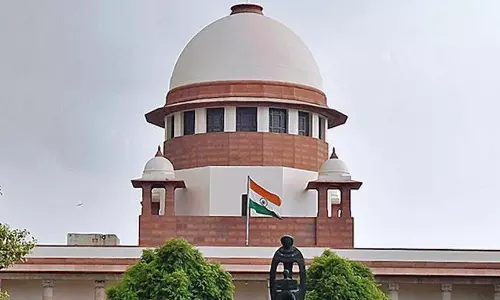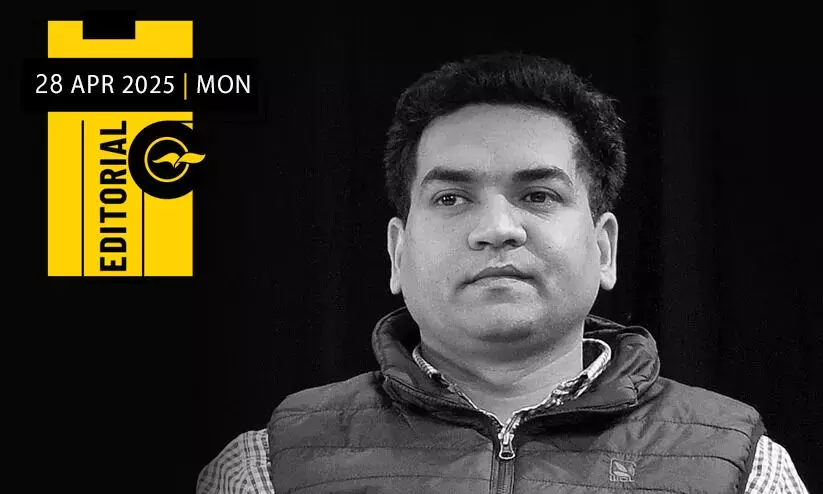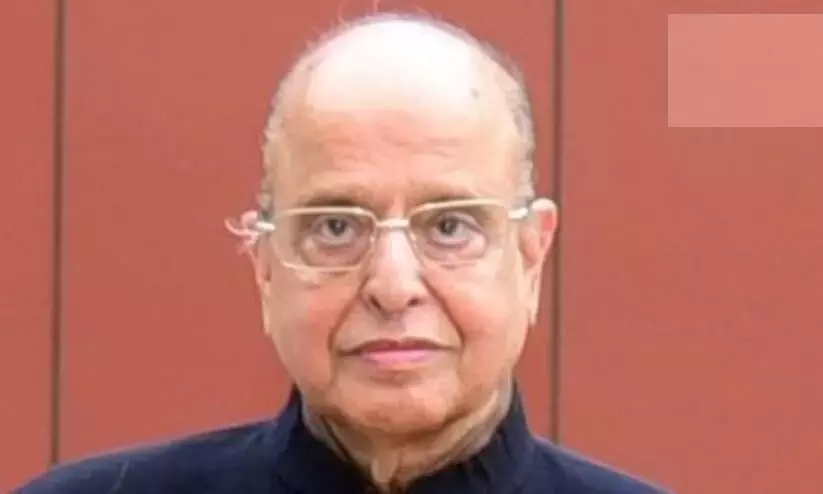
SC reiterates rulings of Sharia, Kazi courts not legally valid unless both parties agree
text_fieldsThe Supreme Court has reiterated that rulings from Sharia Courts, Darul Kajiyat or Courts of Kazi have no legal recognition under Indian law and cannot be enforced unless both parties voluntarily agree to abide by them without conflicting with existing statutory provisions.
The Court made this observation while granting maintenance to a Muslim woman, whose claim had been rejected by a Family Court and upheld by the Allahabad High Court.
Delivering the ruling on February 4 and releasing it on April 22, the bench of Justices Sudhanshu Dhulia and Ahsanuddin Amanullah reaffirmed a 2014 judgment which held that fatwas and decisions of such religious bodies lack enforceability within the framework of the Constitution. The bench clarified that while individuals may choose to act upon such declarations, they remain non-binding on others and cannot be imposed through coercive means.
The case pertained to a Muslim woman who challenged the Jhansi Family Court's decision denying her maintenance. The woman, who married a Border Security Force man in 2002 in what was the second marriage for both, had approached the Supreme Court after her claim for maintenance was dismissed by both the Family Court and the Allahabad High Court.
The couple had two children – a daughter and a son – before their relationship deteriorated. The woman alleged that her husband subjected her to dowry-related abuse and eventually forced her and the children out of the matrimonial home in May 2008. Prior to that, the husband had unsuccessfully sought a divorce through the Court of Kazi in Bhopal in 2005, which was dismissed following a compromise between the couple.
Following the alleged abuse and separation, the husband again initiated divorce proceedings in 2008 before the ‘Court of Darul Kaja Kajiyat’, Bhopal. A month later, the woman approached the Family Court seeking a maintenance allowance of Rs 5,000 for herself and Rs 1,000 each for her two children.
The Family Court partially granted the plea, awarding Rs 1,500 to the daughter and Rs 1,000 to the son, but rejected the woman’s personal claim. The court reasoned that the woman had left the matrimonial home due to her own conduct, not because she was abandoned. The High Court later upheld this conclusion, stating that she was not entitled to maintenance since she had separated without sufficient justification.
The Supreme Court, however, overturned this reasoning and held that the woman was indeed entitled to maintenance. While acknowledging the Family Court’s partial allowance for the children, the apex court extended relief to the mother as well, thereby recognising her right to maintenance under the applicable legal framework rather than any religious adjudication.
























